Six New Knauss Finalists Selected from North Carolina

For immediate release
Contact: Dan DiNicola, dsdinico@ncsu.edu
After a highly competitive review process, NOAA and Sea Grant have announced their finalists for the 2024 class of the Sea Grant John A. Knauss Policy Fellowship program. Six graduate students from North Carolina are part of the 84 finalists nationwide. The NC finalists are: Claudia Deeg, Nicholas “Nico” Fairbairn, Madeleine “Mac” Gagné, Sydney Mantell, Stephanie Murphy, and Aaron Ramus.
This fellowship is named after John A. Knauss, who founded the National Sea Grant program and served as administrator of the NOAA.
“Knauss fellows over the years have consistently and thoughtfully applied their unique knowledge and skillsets to developing solutions to issues that affect people across the nation,” said Jonathan Pennock, director of the National Sea Grant College Program. “We look forward to welcoming the incoming class of fellows and have no doubt that they will continue the tradition of serving through science.”
This fall, the new finalists will participate in a virtual placement week getting to know each other and interviewing with their potential host in federal executive and legislative offices in Washington, DC. After receiving their placements, finalists begin their fellowships in February 2024.
“We are once again pleased to have six finalists for the second year in a row, the most allowed for any state-based Sea Grant program,” says John Fear, deputy director of North Carolina Sea Grant. Their success, he notes, is “no doubt due to the quality each candidate brings.”
Duke University, NC State University, and the University of North Carolina Wilmington have provided invaluable educational opportunities and training grounds for North Carolina’s 2024 Knauss Fellowship finalists. These six individuals bring relevant experience and broad research interests to the program.
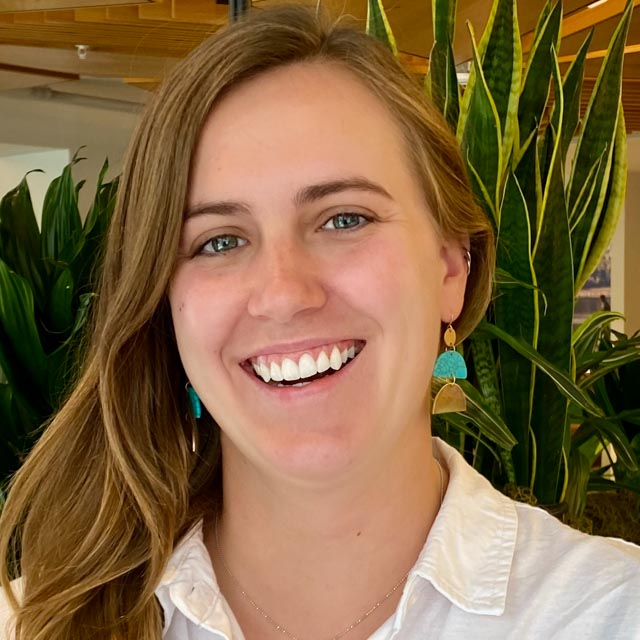
Claudia Deeg received her master’s in environmental management with a concentration in coastal environmental management from Duke University. At Duke, her master’s research focused on the vulnerability of small-scale fishers, especially women, to climate change. This included collaborating on an international research project evaluating the contribution of small-scale fisheries to sustainable development.
“The Knauss Fellowship will provide me with the advanced skills and knowledge necessary to succeed in my career goal of advancing equitable ocean policy,” says Deeg, “and I firmly believe that working in public service is the place where I can do the ‘most good’ in the world.”
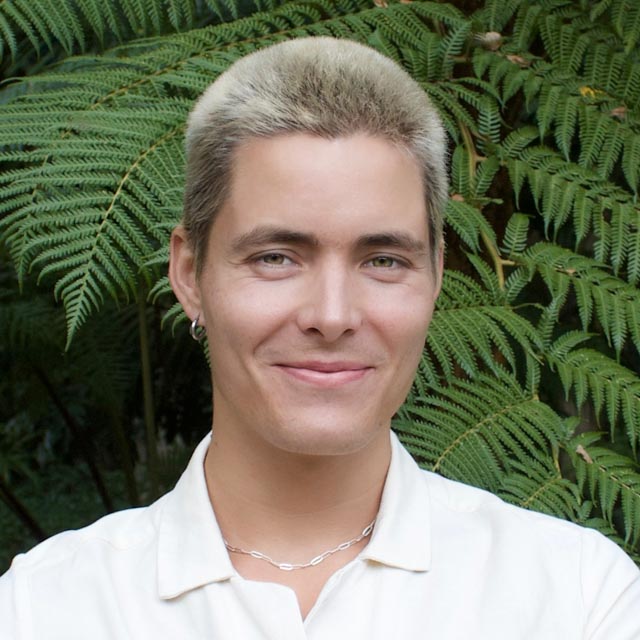
Nicholas “Nico” Fairbairn earned their master’s degree in environmental management from Duke University with a concentration in coastal management. They are interested in applying an environmental justice lens to pressing marine issues. Using spatial and narrative analyses, their master’s project explored how income, institutions, and vulnerability to sea-level rise shape deployment of living shorelines in North Carolina.
For Fairbairn, being “equipped with a year’s experience in the House or Senate” through the Knauss Fellowship “will transform my capacity to serve the American people and our precious coastal and marine resources in my career as a public servant and an environmental advocate.”
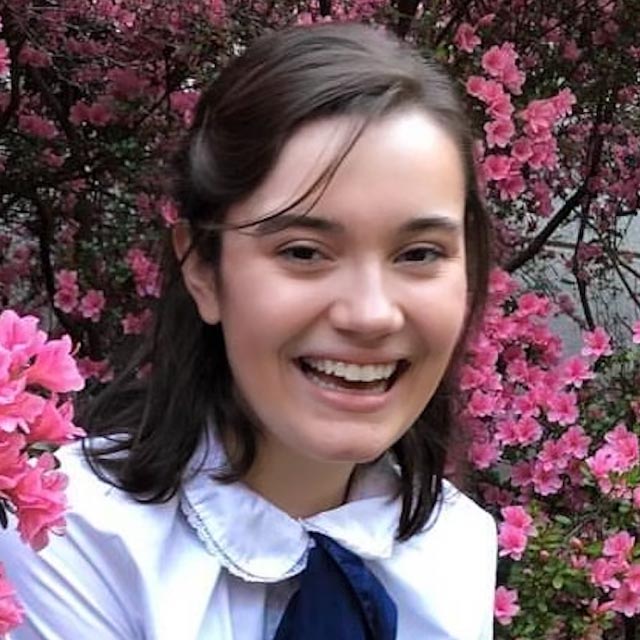
Madeleine “Mac” Gagné is a doctoral student in computer science at NC State. Gagné’s interest in large-scale emergency communication led to work building a computational model that tailors hurricane evacuation communications to local communities. They hope to protect and support coastal populations from hurricanes using uniquely accessible computational storytelling.
For Gagné, the Knauss Fellowship provides “the community outreach tools needed to actively tailor my modeling to the real world needs of coastal cities,” especially as someone dedicated to better refining maritime emergency policymaking.
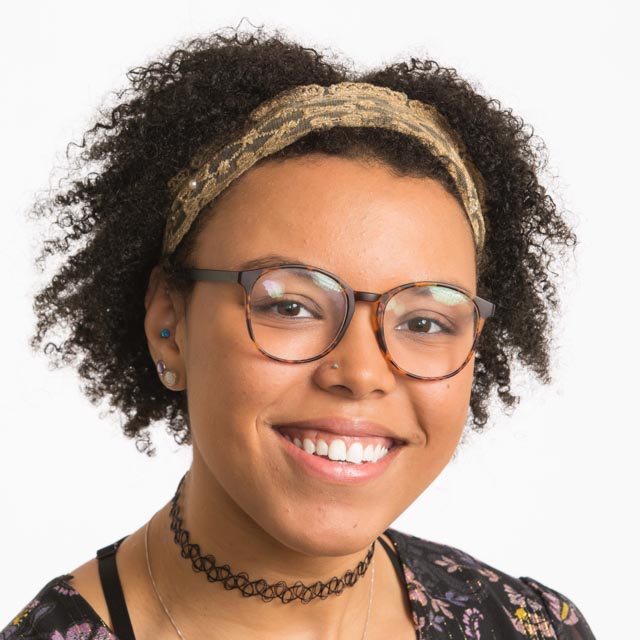
Sydney Mantell received her master’s in environmental management with a concentration in coastal environmental management from Duke University. Mantell takes a particular interest in promoting equity within environmental education, marine resource use, and climate change mitigation. Her master’s project was a zine inclusive of artwork, essays, and reflections of her own and submissions from community members. The zine focused on broadening the definition of “entanglement” and the notion of how we can generate knowledge by collectively creating art.
“The Knauss Fellowship will allow me to take a deep dive into one or several specialized marine issues and develop expertise from the nation’s leaders,” says Mantell, who hopes “to continue to explore the links between social and ecological issues as they relate to our marine ecosystems.”
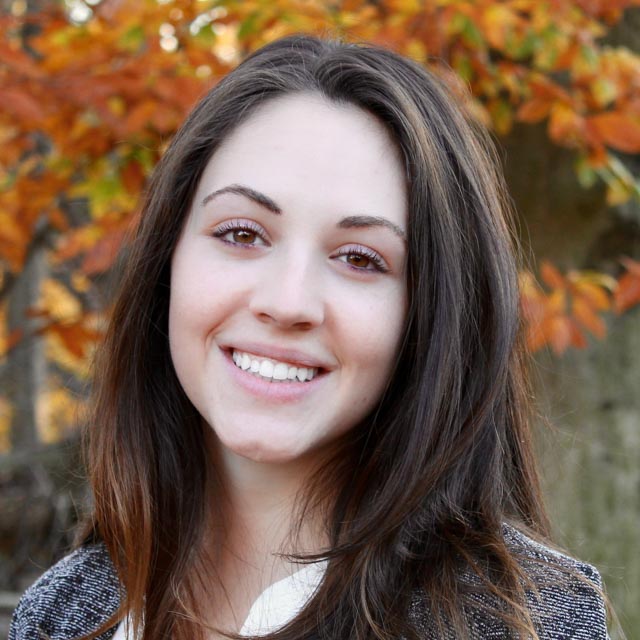
Stephanie Murphy earned a master’s in environmental management with a concentration in environmental economics and policy from Duke University. There, her research studied the drivers of fisheries conflict in the Barents Sea — a complex body of territorial and international waters. She focused specifically on the challenges to fisheries management as Arctic sea ice diminishes, waters warm, and geopolitical relationships evolve.
“Evolving resource needs put a new strain on our ocean and challenge how we sustainably and equitably manage marine resources. The Knauss Fellowship will provide me a unique opportunity to learn the nuances of these challenges and hone the policy skills critical to making a difference,” says Murphy.
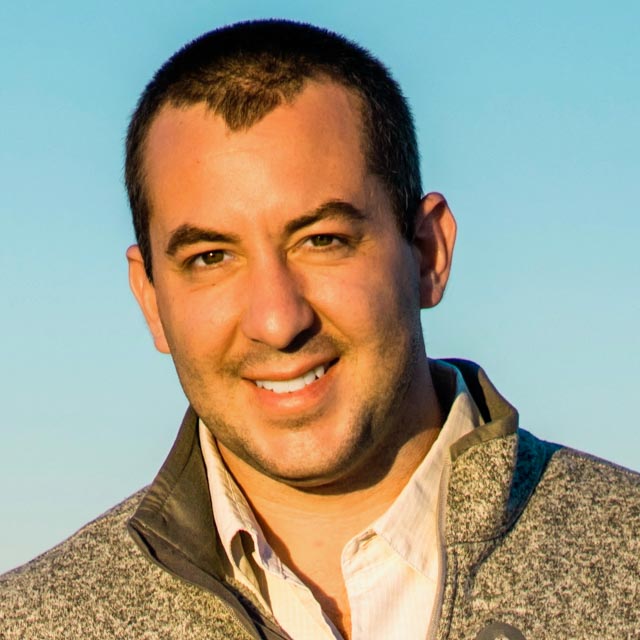
Aaron Ramus earned his doctorate in marine biology at the University of North Carolina Wilmington and is currently serving as a STEM Policy Fellow with the NC Department of Environmental Quality. His graduate work focused on the community ecology of coastal habitats and included developing a publicly accessible, web-based interactive map showing the distribution and abundance of the invasive seaweed Gracilaria vermiculophylla to inform scientists, managers, and policymakers of this invader’s whereabouts and potential impacts.
“The Knauss Program supports my career pathway by providing an opportunity to be involved with the processes through which national policies and important decisions affecting our marine resources are made,” says Ramus, adding that the program “offers exposure to a broad range of important multidisciplinary topics and policy options to address pressing marine conservation problems.”
These six individuals join the nearly 100 graduate students from North Carolina who have participated in the Knauss Fellowship program since 1979. Fellows completing the program have gone on to become leaders in science, policy, and public administration.
Read more about the Sea Grant John A. Knauss Marine Policy Fellowship program’s class of 2024.
Read more about NC Sea Grant’s funding opportunities for students and faculty.
#
- Categories:


